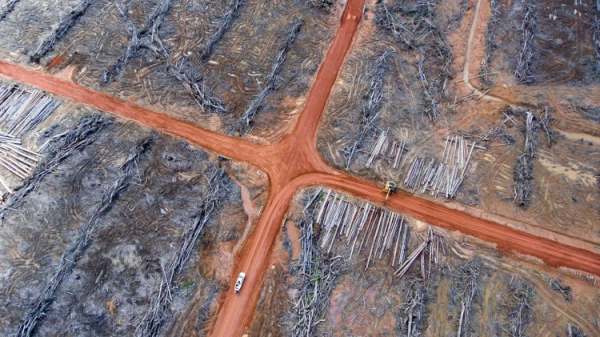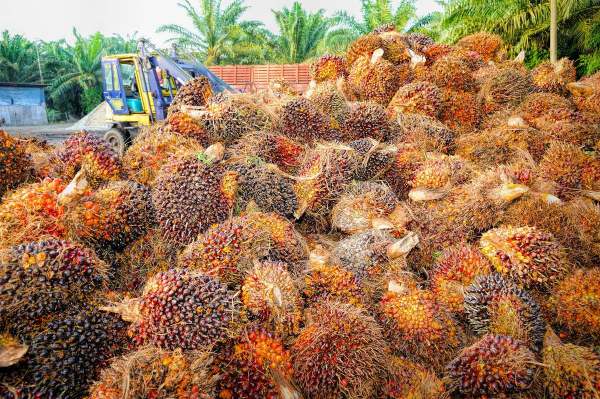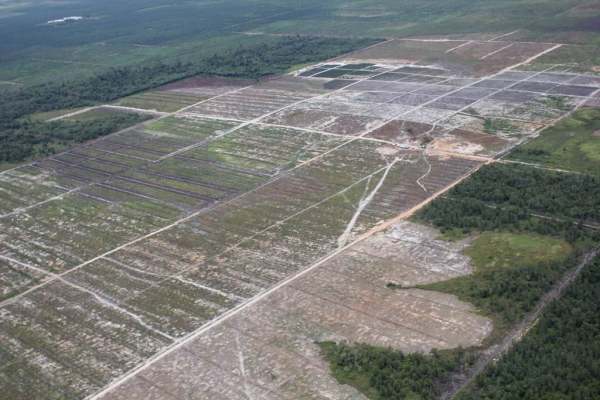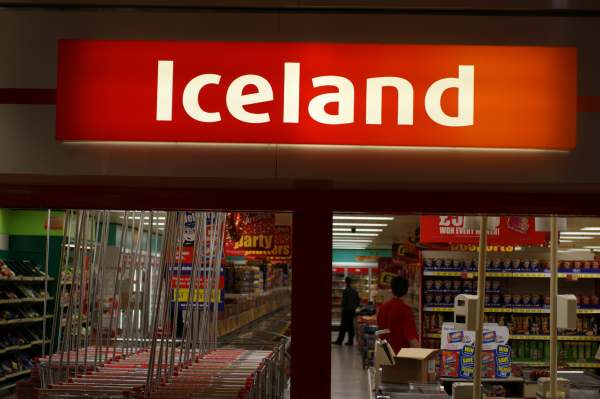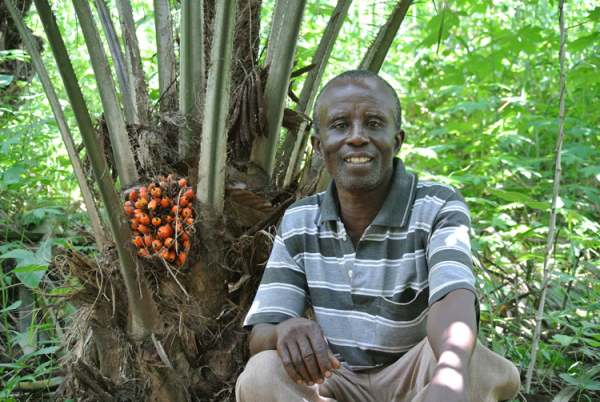We have advice on companies and brands to avoid, how to go palm-oil-free with certain products, whether there are sustainable alternatives, and should we as consumers boycott palm oil.
The mass production of palm oil has relied on the destruction of rainforests, which leads to climate damaging emissions, as well as loss of biodiversity, particularly for orangutans, and human rights issues.
Palm oil and deforestation
Even in 2020 with economies slowed by the Covid pandemic, Indonesia is said to have lost another 100,000 hectares of forest cover from logging and conversion of land for palm.
Fires are often started deliberately to clear land, and then can spread out of control. Indonesians are even volunteering through Greenpeace to fight back the flames, protect habitats and prevent sickness caused by the air pollution.
What about 'sustainable' palm oil?
The RSPO is the world’s largest and most recognisable palm oil standard, with a stated aim to “make sustainable palm oil the norm”. It was set up in 2004 with the backing of the WWF in response to growing evidence of the devastation that palm oil production resulted in.
It has over 5,000 members worldwide, claims to certify 19% of the world’s palm oil and is favoured by brands such as PepsiCo, Cargill and Nestle.
However, the scheme is accused of everything from certifying plantations involved in child labour to enabling corporate greenwash. Our article looking at the criticisms of the RSPO reviews the problems and also sets out our position on this complex topic.
Our palm oil rating
At Ethical Consumer, we have taken the view that avoiding palm oil altogether or choosing products with the very best sustainability certifications are both reasonable responses to a very complex set of issues.
Our product guides and palm oil ratings are designed to help people make this choice, whichever side of the line people personally fall.
Earlier in 2021 we made our palm oil rating harsher for large companies, so they cannot get a best rating if they use refineries known for having ineffective ‘No Deforestation, No Peat, No Exploitation’ (NDPE) measures.
We also now require large companies to publish their suppliers, and an annual list of grievances raised, as well as all palm oil and derivatives they use being RSPO certified, and at least 50% from the more traceable ‘Segregated’ or ‘Identity Preserved’ sources.


